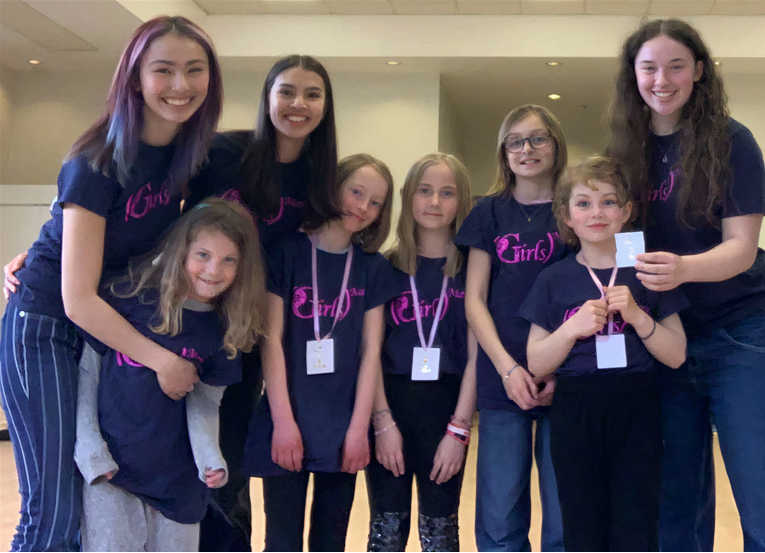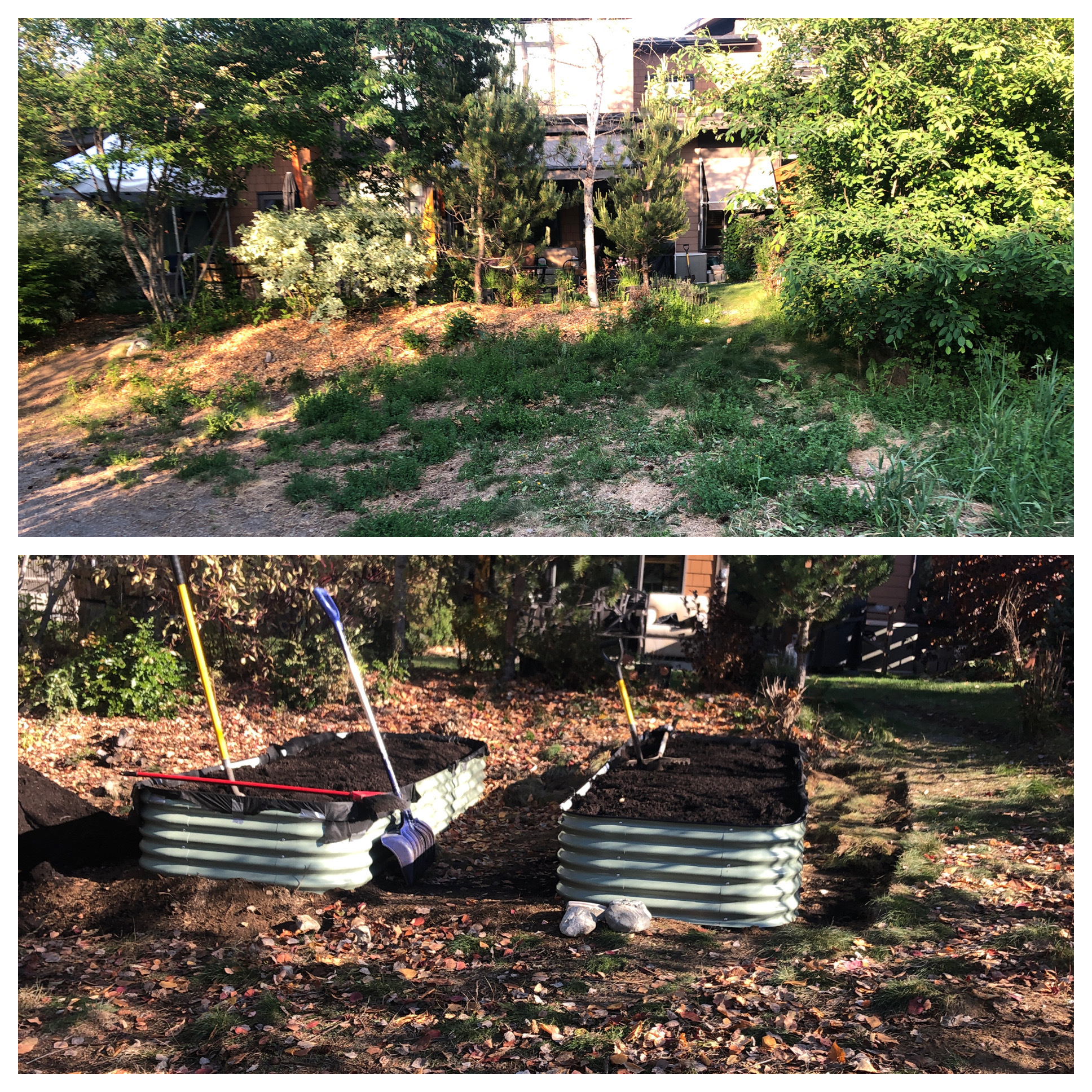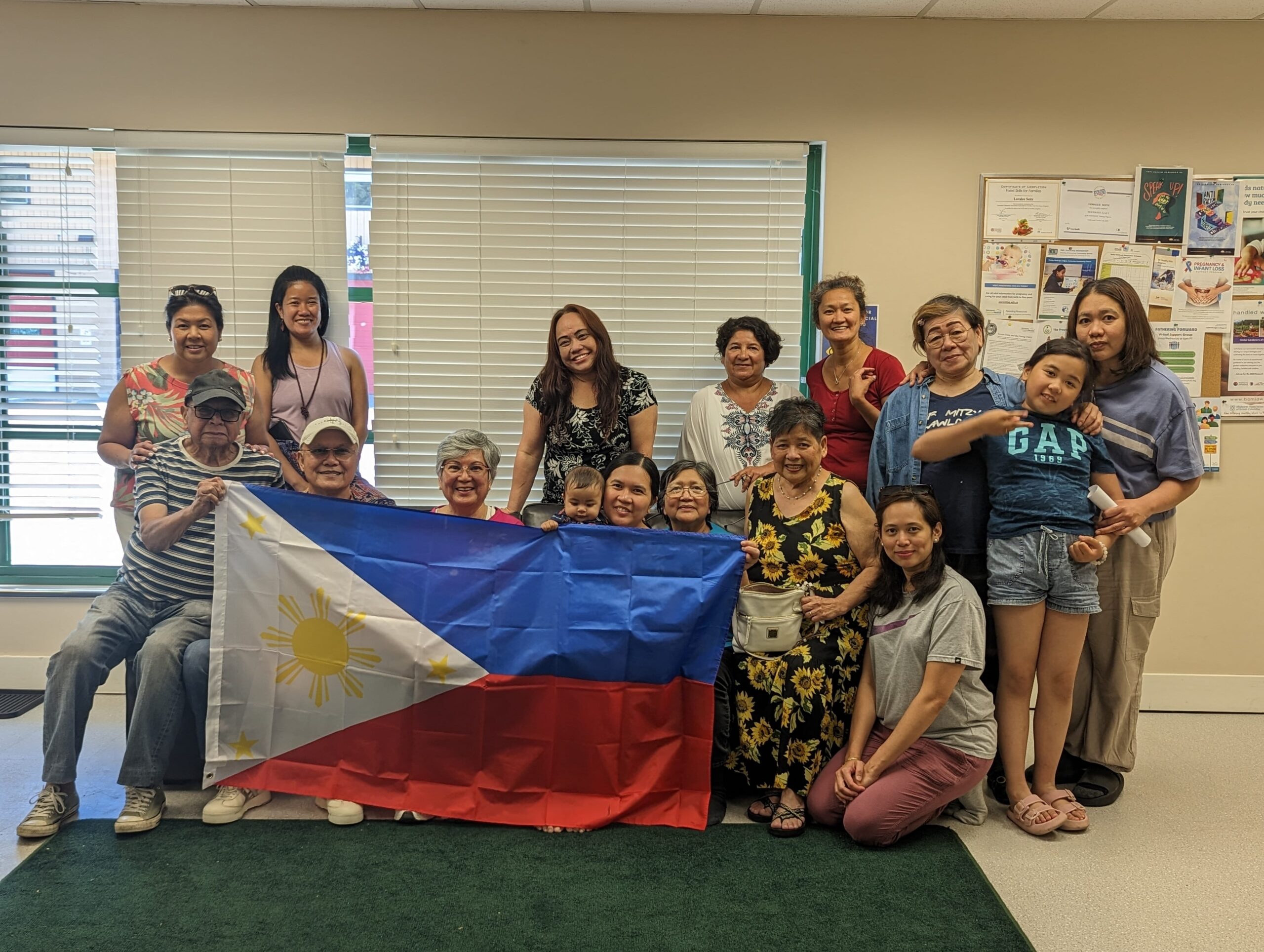Our project brought Girls to the Power of Math, a peer-to-peer mentoring program to Whistler. High school girls built their leadership skills to mentor elementary school girls in math, and boost the participants’ confidence. This program is beneficial to both the young grade 2-3 girls as well as the mentors! One mentor, reflecting on the program, said: “This was an amazing opportunity. I’m so sad it’s over!”. One parent noted, “[My daughter’s] confidence in math was very very low before your sessions. She always said her brother was the one that was good at math, not her. Now she says math is one of her favourite things in the world!!!” The program was created based off of research the founder, Alexa Bailey, conducted, which demonstrated that confidence amongst girls in BC decreases over the course of elementary school, whereas boys do not show the same decline. Girls to the Power of Math was created as an intervention program to inspire confidence in the girls’ mathematical abilities. We used active games, art, song and dance to show female-identifying students that math can be fun. The improved confidence will hopefully lead to a reduction in the gender gap most prevalent in math fields within STEM in Canada.
Girls to the Power of Math is usually run having the local elementary school donate space after school, and having local high school students volunteer to be mentors to the girls and run the program. In Whistler, we were not able to follow this model because the space, after school, at Myrtle Philips Community School, belongs to the community centre. Without the support of the Neighbourhood Small Grant, we would not have had the resources to rent the space and give this opportunity to the participants and the mentors. This unique module gave us an occasion to make this program as accessible as possible to participants from all schools. Running this at a community centre allowed students from every school to participate.
Alexa Bailey, founder of Girls to the Power of Math, visited the program in Whistler and talked to the mentors. One of the mentors told Alexa a story that made the mentor realize the valuable work they were doing: One day, she saw some participants writing on the white board, “I hate math”. The mentors all reminded the participants how math can be fun, it can be used in games, art, music, and that the mentors were there to help them feel more confident about their math skills. A few weeks later, the mentors saw the girls writing on the white board once again. However, this time, it was a much more positive message: “I love math”. This drastic change in attitude towards math was something that made each of the mentors appreciate the importance of the volunteer work they were doing.
{Post Image:11}


